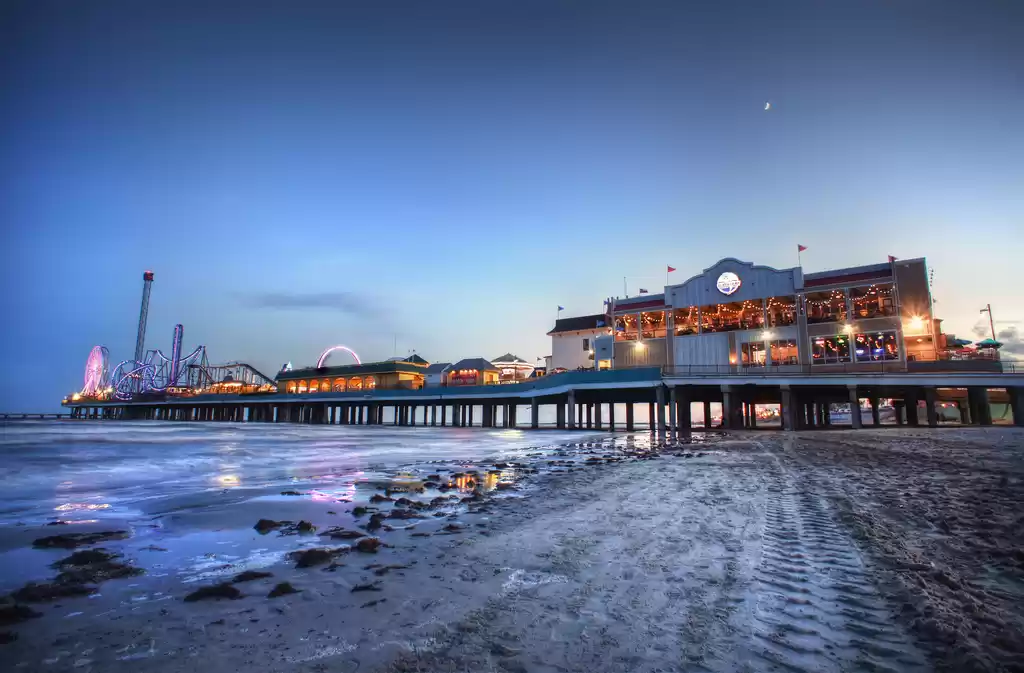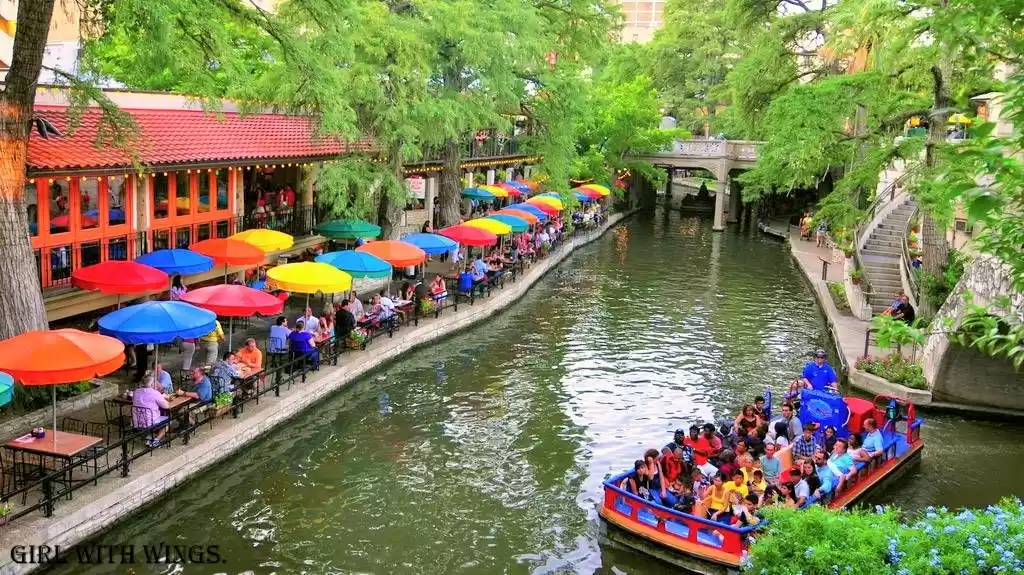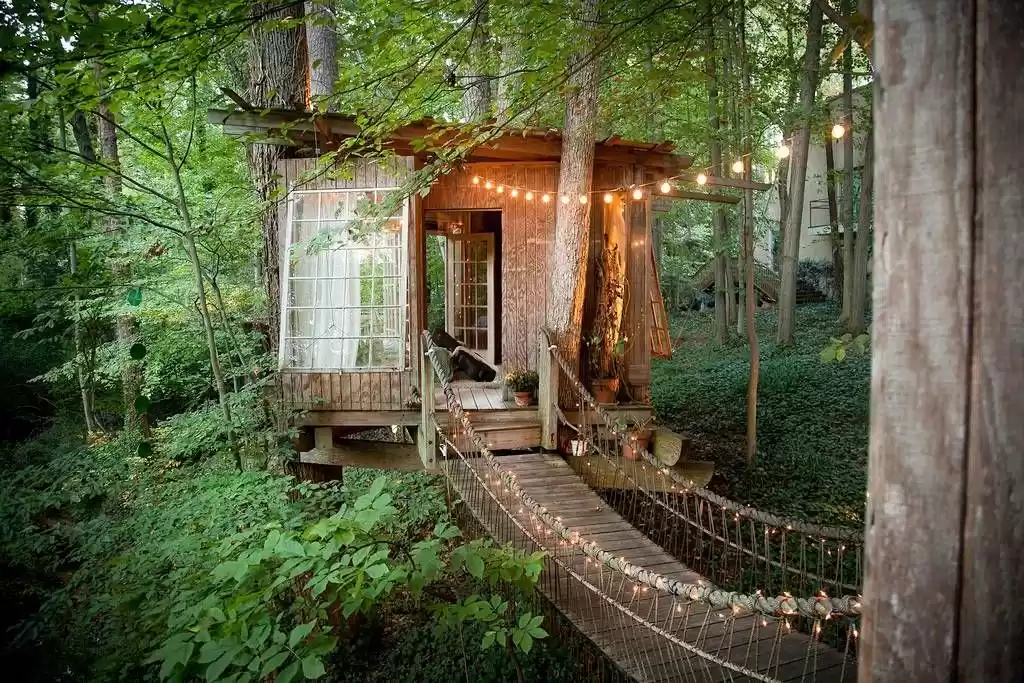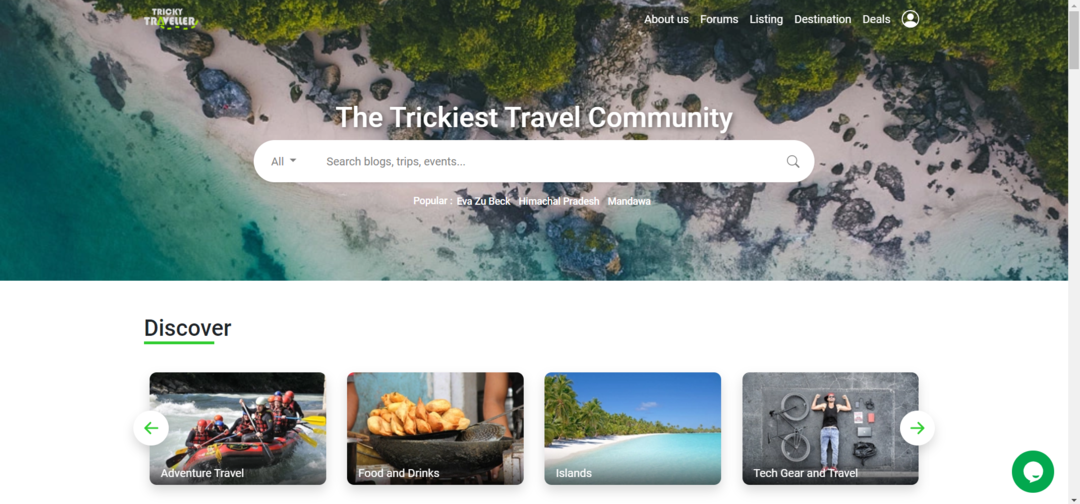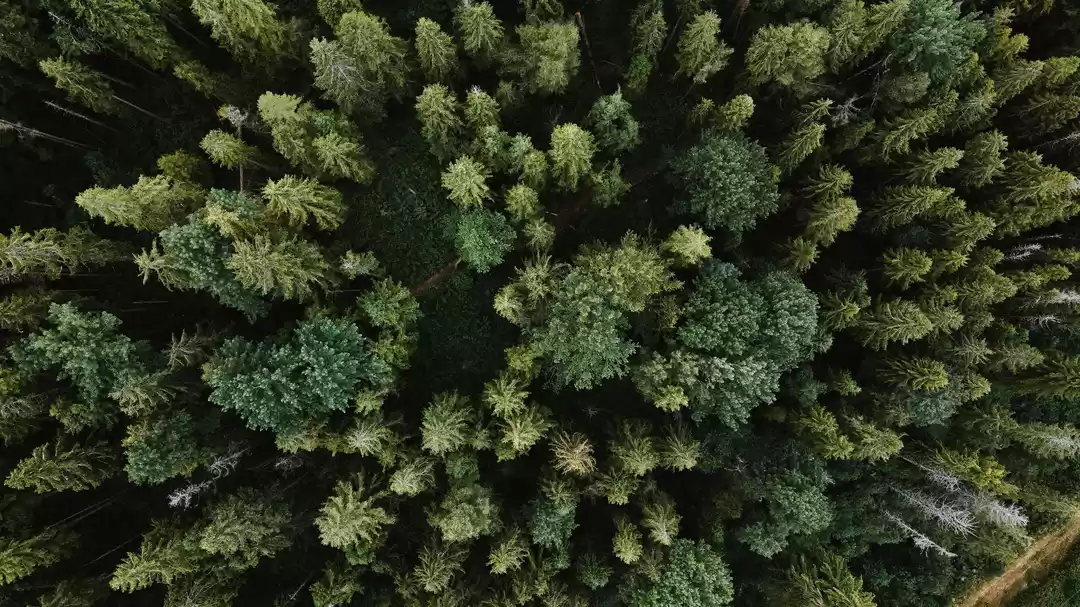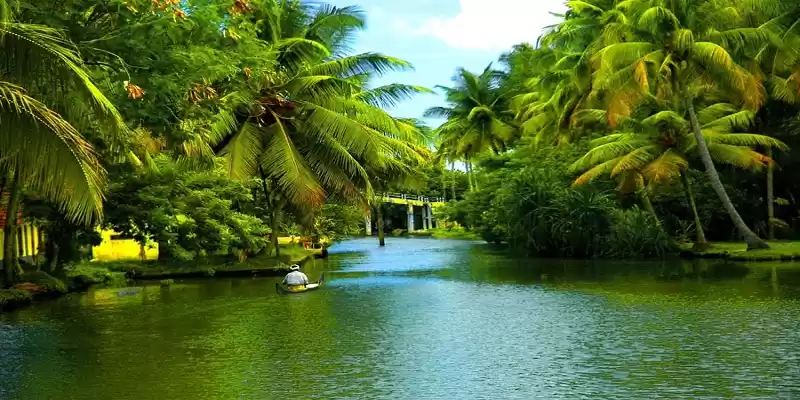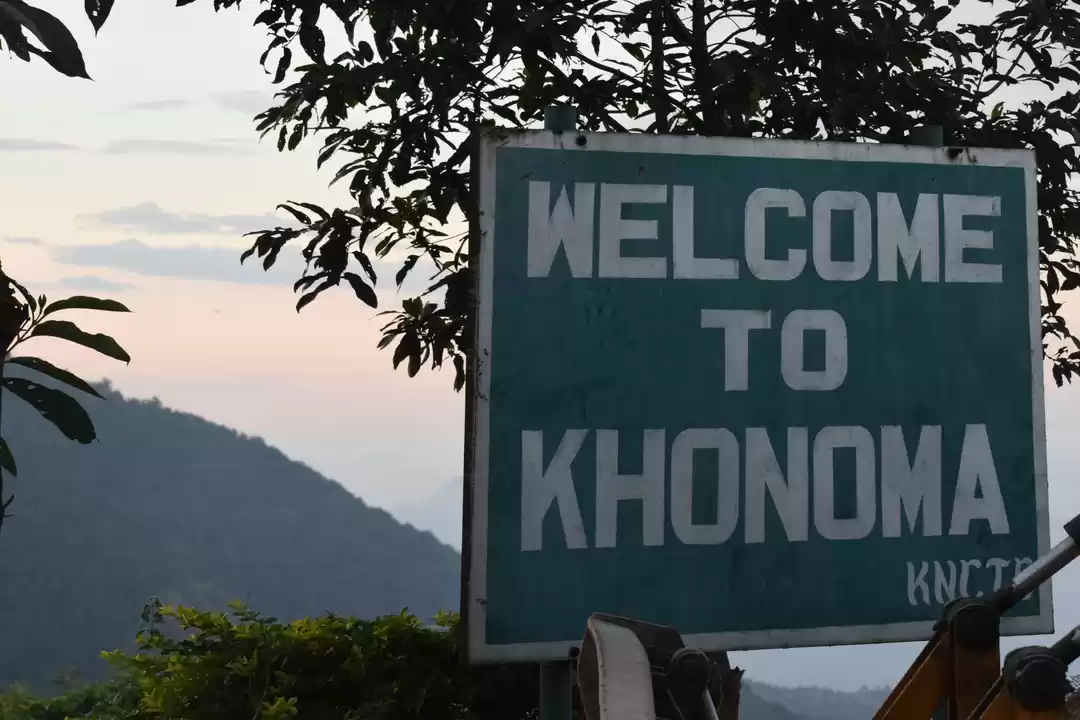Brazil, a country famous for its vibrant culture, stunning beaches, and lively festivals, is also a haven for nature lovers and eco-tourists. With its vast and diverse landscapes, Brazil offers a unique opportunity to connect with nature while contributing to its preservation. In this blog post, we'll explore the fascinating world of Brazilian eco-tourism, showcasing the breathtaking destinations, wildlife encounters, and sustainable practices that make it a must-visit for eco-conscious travelers.
The best way to start exploring Brazil is on a sightseeing tour with an experienced guide, who can be booked here - tripates.com
And then go in a rented car, which by the way can be ordered at a good price here - bookingauto.com

Chapter 1: The Amazon Rainforest - A Natural Wonde
The Amazon rainforest, often referred to as the "lungs of the Earth," is the world's largest tropical rainforest, and a significant portion of it lies within Brazil's borders. Here, eco-tourists can embark on an awe-inspiring journey into one of the planet's most biodiverse regions.

A. Sustainable Jungle Lodges: To minimize your ecological footprint, consider staying in eco-friendly jungle lodges. These accommodations often harness renewable energy sources, practice waste reduction, and support local conservation initiatives.
B. Wildlife Encounters: Guided tours in the Amazon offer a chance to witness a staggering variety of wildlife, including jaguars, sloths, toucans, and pink river dolphins. However, it's crucial to follow ethical guidelines to ensure the well-being of these animals.

C. Indigenous Cultural Immersion: Engaging with indigenous communities in the Amazon provides a unique cultural and educational dimension to eco-tourism. Visitors can learn about their traditional knowledge and sustainable practices that have preserved the rainforest for generations.
Chapter 2: The Pantanal - A Wetland Wonderland

The Pantanal, the world's largest tropical wetland, is a hidden gem for eco-tourists. Located primarily in Brazil, this region is teeming with wildlife and offers an incredible range of outdoor activities.
A. Birdwatching Paradise: The Pantanal is a haven for birdwatchers, with over 650 bird species, including scarlet macaws, hyacinth macaws, and jabiru storks. Expert guides lead tours to maximize birdwatching opportunities.

B. Jaguar Safaris: Witnessing jaguars in the wild is one of the Pantanal's unique attractions. Responsible eco-tour operators organize boat safaris, providing a thrilling opportunity to observe these magnificent big cats while supporting their conservation.
C. Sustainable Fishing: For fishing enthusiasts, the Pantanal offers catch-and-release fishing practices. Local guides teach traditional fishing methods while emphasizing the importance of conservation.

Chapter 3: The Atlantic Forest - A Biodiversity Hotspot
The Atlantic Forest, though less famous than the Amazon, is one of the world's most threatened tropical forests and boasts remarkable biodiversity.
A. Hiking Adventures: Pristine hiking trails wind through the Atlantic Forest, leading to waterfalls, hidden caves, and stunning vistas. These trails offer an opportunity to explore the lush ecosystem and encounter unique flora and fauna.
B. Reforestation Initiatives: Many eco-tourism projects in the Atlantic Forest actively participate in reforestation efforts to combat deforestation. Travelers can contribute to these initiatives by participating in tree planting activities.

C. Wildlife Rehabilitation Centers: Conservation centers dedicated to rescuing and rehabilitating endangered species, such as the golden lion tamarin, provide insights into the challenges of preserving the Atlantic Forest's unique biodiversity.
Chapter 4: Responsible Eco-Tourism Practices
To ensure that your Brazilian eco-tourism experience is sustainable and environmentally responsible, here are some best practices to follow:
1. Choose Eco-Certified Operators: Opt for tour operators and accommodations that have received eco-certifications or are known for their commitment to sustainable practices.

2. Support Local Communities: Purchase locally made handicrafts and products to contribute to the economic well-being of indigenous and local communities.
3. Minimize Single-Use Plastics: Bring reusable water bottles and bags to reduce plastic waste during your travels.
4. Follow Leave-No-Trace Principles: Leave natural areas as you found them, respecting the environment and wildlife. Avoid littering and minimize your impact.

5. Learn and Respect Local Regulations: Familiarize yourself with local environmental regulations and adhere to them. These regulations are in place to protect fragile ecosystems.
Conclusion
Brazilian eco-tourism offers an incredible opportunity to immerse yourself in nature, gain a deeper appreciation for diverse ecosystems, and play a role in their preservation. Whether you choose to explore the Amazon, the Pantanal, or the Atlantic Forest, responsible and sustainable tourism practices are paramount to safeguarding these remarkable environments for future generations. By making conscious choices during your travels, you can experience the splendor of Brazil's natural wonders while leaving a positive and lasting impact on the planet. Eco-tourism is not just about seeing the world; it's about actively participating in its conservation and ensuring its beauty endures for generations to come.



